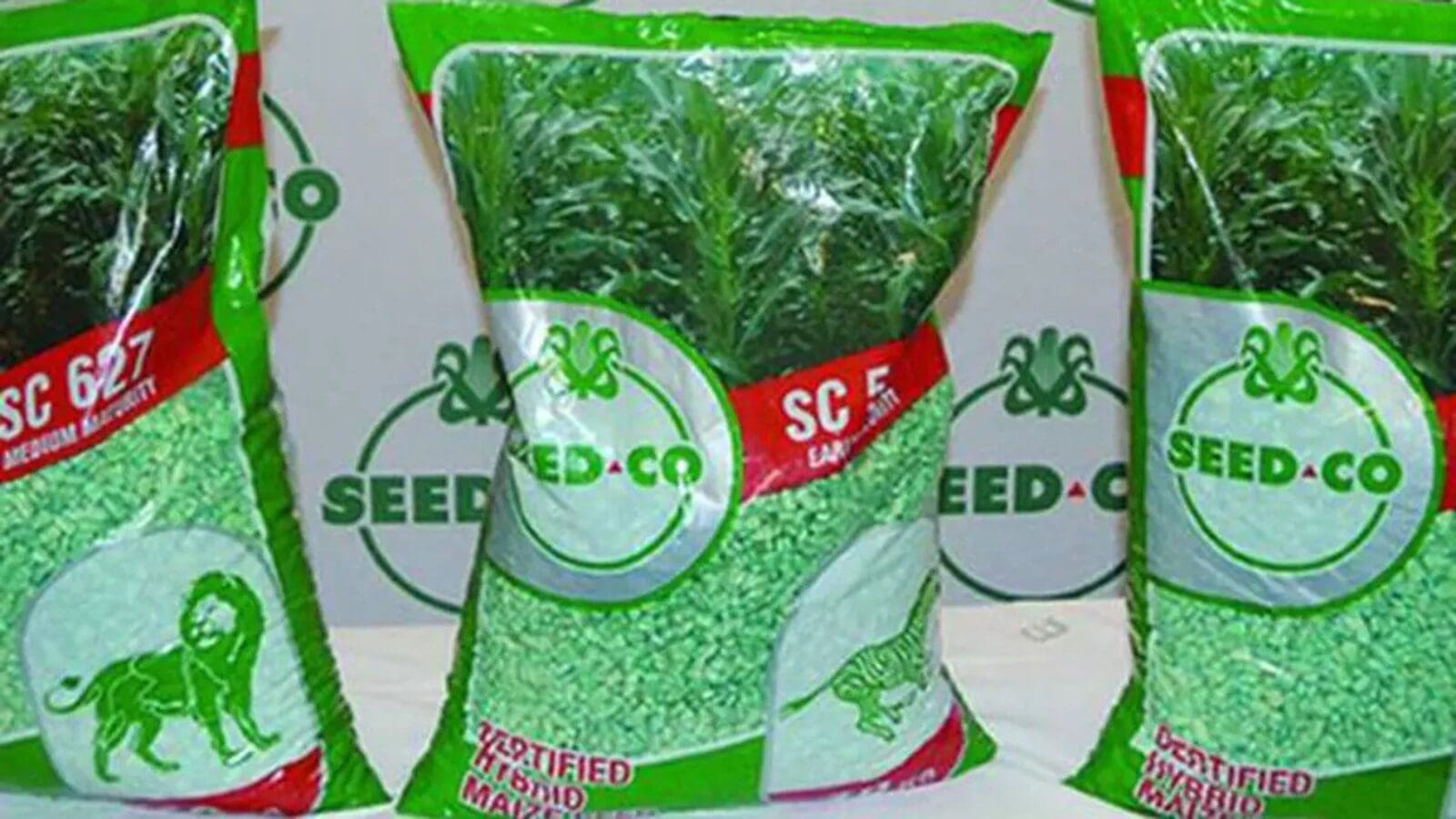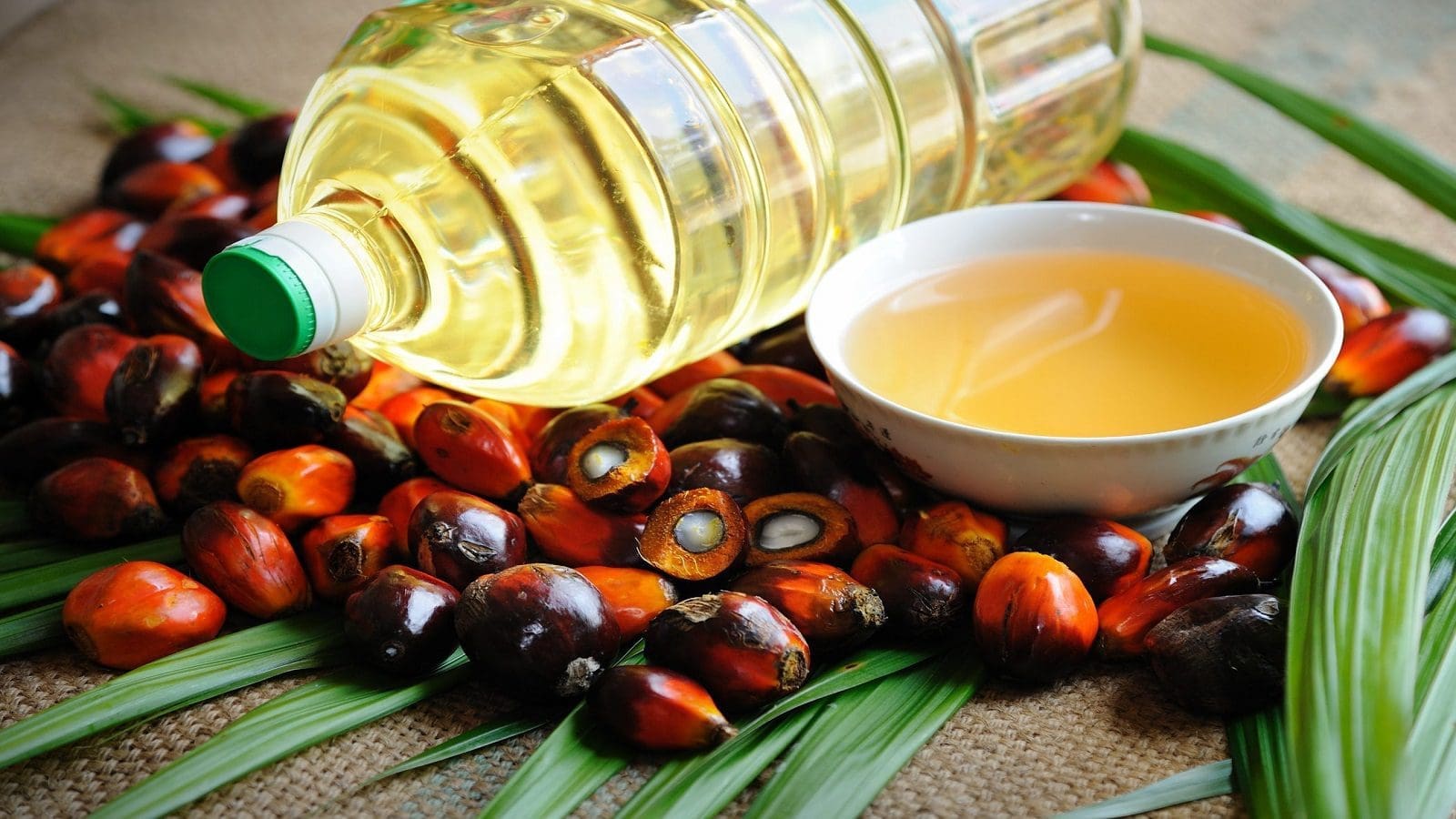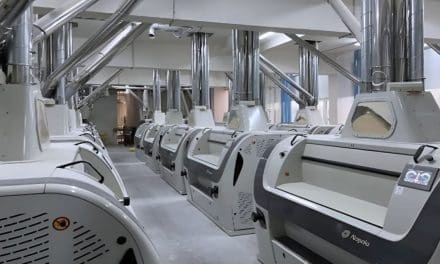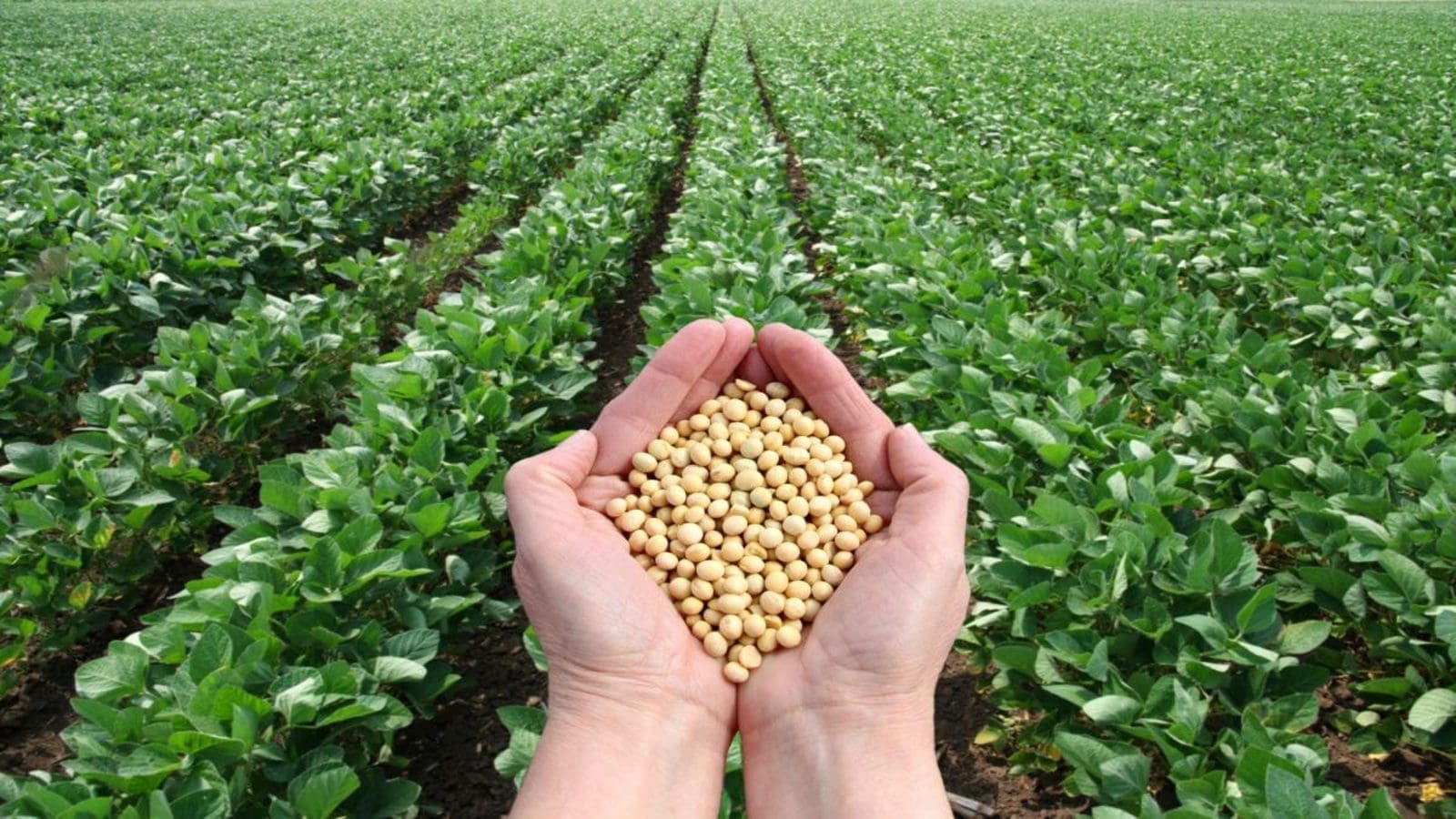NIGERIA – The Federal Government of Nigeria has revised Import Adjustment Tax (IAT) as part of the implementation of the Economic Community of West African States (ECOWAS) Common External Tariff (CET) 2022-2026, raising tariffs on the importation of rice and wheat by 10% and 20% respectively.
According to Agence Ecofin, the new document titled ‘Revised Import Adjustment Tax (IAT) for Implementation of ECOW CET (2022-2026), 2023 fiscal policy measures was stated in a document by the Minister of Finance, Zainab Ahmed.
The statement revealed that the new tariffs will apply on rice packing of more than 5kg or in bulk and packing of 5kg or less to 60 percent from 50 percent.
Similarly, importation of wheat or meslin flour now attracts 70 percent tariffs as against 50 in 2022-2026 ECOWAS CET.
According to the circular, a grace period of 90 days, starting May 1, 2023, will be granted to all importers who have opened an import form and entered into an irrevocable commercial agreement before the entry into force of this circular, for process and clear their goods at the previous duty rates.
However, the note revealed that any new import transactions made from May 1, 2023, will be subject to the new import duty regime.
Positively, the tariffs come at a time when the government is seeking measures to preserve foreign currencies following an economic slowdown through increasing local production.
Nigeria is the main importer of rice and wheat in sub-Saharan Africa. In 2021, Nigeria’s wheat imports recorded a level of over $3 billion but the state is hopeful that it is moving towards food independence.
According to the recent report by USDA, the country could achieve a 42% jump in wheat production for MY 2023/24 following a memorandum of understanding signed by the Flour Millers Association of Nigeria (FMAN) to purchase wheat at a competitive price in a quest to boost local production.
Similarly, Buhler, a Swiss multinational plant equipment manufacturer recently announced that it has partnered with the government of Nigeria in a project to boost rice production.
The multinational player would provide reliable food processing technology, primarily through investing in rice mills across Nigeria that will support the nation’s goal of achieving food independence.
For all the latest grains industry news from Africa, the Middle East and the World, subscribe to our weekly NEWSLETTERS, follow us on LinkedIn and subscribe to our YouTube channel










